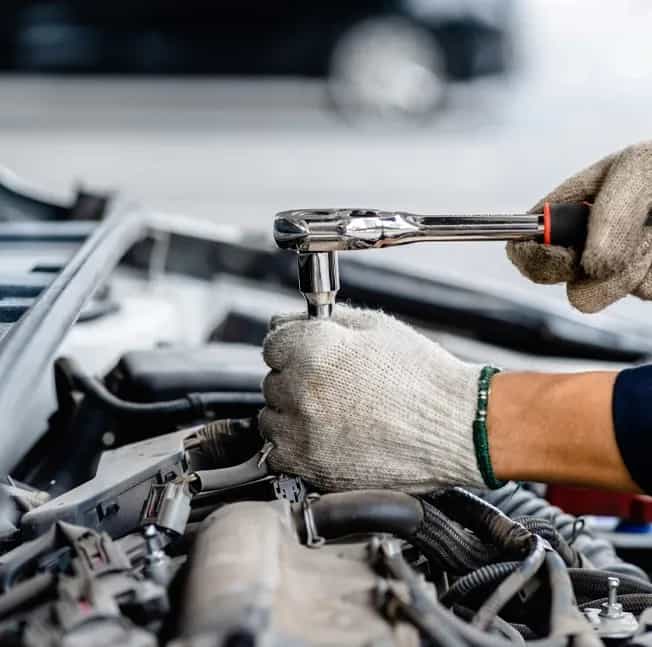Nov . 21, 2024 06:24 Back to list
cylinder oil seal
Understanding Cylinder Oil Seals Importance, Types, and Applications
In the world of machinery and automotive engineering, the term cylinder oil seal frequently emerges in discussions around engine efficiency and reliability. An oil seal is an essential component that prevents the leakage of lubricants and fluids, thereby protecting engine components from wear and tear due to exposure to contaminants and moisture. In this article, we will explore the significance of cylinder oil seals, their various types, and their applications across different industries.
What is a Cylinder Oil Seal?
A cylinder oil seal, often referred to simply as an oil seal, is designed to retain lubricant within a system, while also preventing dirt, dust, and water from entering. Typically made from rubber, elastomers, or thermoplastic materials, these seals feature a flexible lip that maintains contact with the surface of the cylinder, creating a tight barrier. This ensures that lubrication remains effective, thus prolonging the lifecycle of mechanical parts.
Importance of Cylinder Oil Seals
1. Preventing Fluid Leakage The primary purpose of an oil seal is to prevent the escape of oil or other fluids. In engines, the loss of engine oil can lead to poor lubrication, causing increased friction and energy consumption. Ultimately, this can lead to catastrophic failure of engine components.
2. Contaminant Protection Oil seals play a crucial role in protecting internal components from external elements. By forming a barrier against dust and dirt, oil seals help maintain the purity of the lubricant, which is essential for efficient engine operation.
3. Improving Performance The right oil seal contributes to the overall efficiency of an engine. By ensuring adequate lubrication and minimizing friction, oil seals help engines perform optimally and increase fuel efficiency.
4. Reducing Maintenance Costs By preventing oil leaks and contamination, cylinder oil seals help reduce downtime and maintenance costs associated with engine repairs and overhauls. This is particularly important in industries where equipment failure can lead to significant financial losses.
Types of Cylinder Oil Seals
Several types of cylinder oil seals are available, each designed for specific applications and operating conditions
1. Single Lip Seals These are the most commonly used type of oil seal, featuring a single lip that contacts the shaft or cylinder. They are effective for low-pressure applications and can handle moderate levels of dirt and contaminants.
cylinder oil seal

2. Double Lip Seals These seals have two lips, making them better suited for more demanding applications. The additional lip provides enhanced protection against fluid leakage and keeps contaminants out. They are often used in automotive engines where high performance and durability are required.
3. Spring-Loaded Seals Some oil seals incorporate a spring mechanism to maintain tension against the rotating surface. This design ensures that the seal maintains contact even under varying pressure conditions, making it ideal for high-speed applications where vibrations might otherwise cause seal failure.
4. Hydraulic Seals In hydraulic applications, specialized oil seals are used to withstand high pressures and extreme temperatures. These seals are engineered to retain hydraulic oil and contain hydraulic fluid under intense conditions.
Applications of Cylinder Oil Seals
Cylinder oil seals are vital components across multiple industries
- Automotive Industry In vehicles, oil seals are found in engines, transmissions, and differentials. Their role in maintaining fluid integrity is critical to vehicle performance and longevity.
- Industrial Machinery Various types of machinery, from pumps to compressors, utilize oil seals to ensure safe and efficient operation. Oil seals help in reducing wear on moving parts and minimizing maintenance needs.
- Aerospace In aerospace applications, where reliability is paramount, oil seals are used in engines and hydraulic systems to prevent leaks that could lead to failures during flight.
- Marine Applications Boats and ships employ oil seals in their engines and onboard machinery to protect against seawater exposure and ensure reliable operation.
Conclusion
Cylinder oil seals are vital components that play a significant role in the efficiency, reliability, and longevity of various systems. By preventing fluid leakage and contamination, oil seals protect critical machinery parts, reducing maintenance costs and enhancing performance. Understanding the types and applications of these seals can help in making informed decisions about their selection and maintenance in any engineering context. As technology evolves and machinery becomes more advanced, the importance of high-quality cylinder oil seals remains indisputable, directly impacting performance across numerous industries.
-
TCN Oil Seal Metal Ring Reinforcement for Heavy Machinery
NewsJul.25,2025
-
Rotary Lip Seal Spring-Loaded Design for High-Speed Applications
NewsJul.25,2025
-
Hydraulic Cylinder Seals Polyurethane Material for High-Impact Jobs
NewsJul.25,2025
-
High Pressure Oil Seal Polyurethane Coating Wear Resistance
NewsJul.25,2025
-
Dust Proof Seal Double Lip Design for Construction Equipment
NewsJul.25,2025
-
Hub Seal Polyurethane Wear Resistance in Agricultural Vehicles
NewsJul.25,2025
-
The Trans-formative Journey of Wheel Hub Oil Seals
NewsJun.06,2025
Products categories
















